When negotiators at the Glasgow COP26 summit agreed to create a global carbon credit offset trading market in November 2021, the move was billed as an effort in the right direction toward slowing climate change.
However, climate action advocates, activists, and other stakeholders soon realized this was not the magic bullet in the fight against carbon emissions.
Some corporations were even accused of purchasing carbon credits from forest protection projects in areas that were not actually at risk of deforestation, thereby beating the intended purpose of carbon markets.
The workshop brought together global experts on climate action, who gave presentations on why Kenya is a key partner for the success of carbon removal initiatives.
As a result, the Kenyan government began exploring carbon removal as a critical third pillar alongside mitigation and adaptation to address climate change.
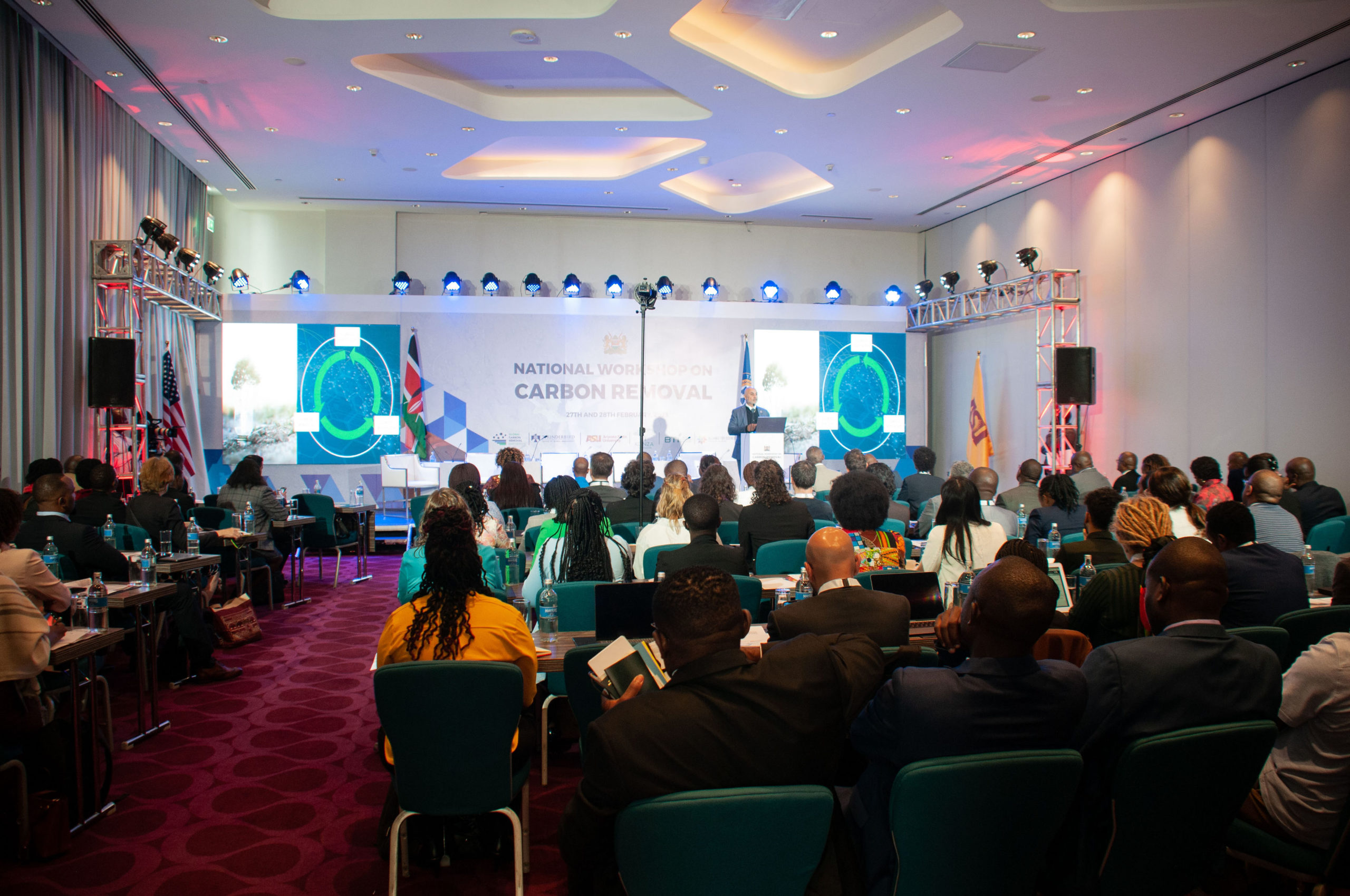
This culminated in Kenya’s first-ever National Workshop on Carbon Removal in Nairobi on February 27 and 28, 2023.
The workshop brought together global experts on climate action, who gave presentations on why Kenya is a key partner for the success of carbon removal initiatives.
It was held under the auspices of the Global Partnership on Carbon Removal and was co-organized by the Ministry of Environment, Climate Change and Forestry, Ministry of Energy, and Konza Technopolis in collaboration with Thunderbird School of Global Management at Arizona State University and the Alliance for Science.
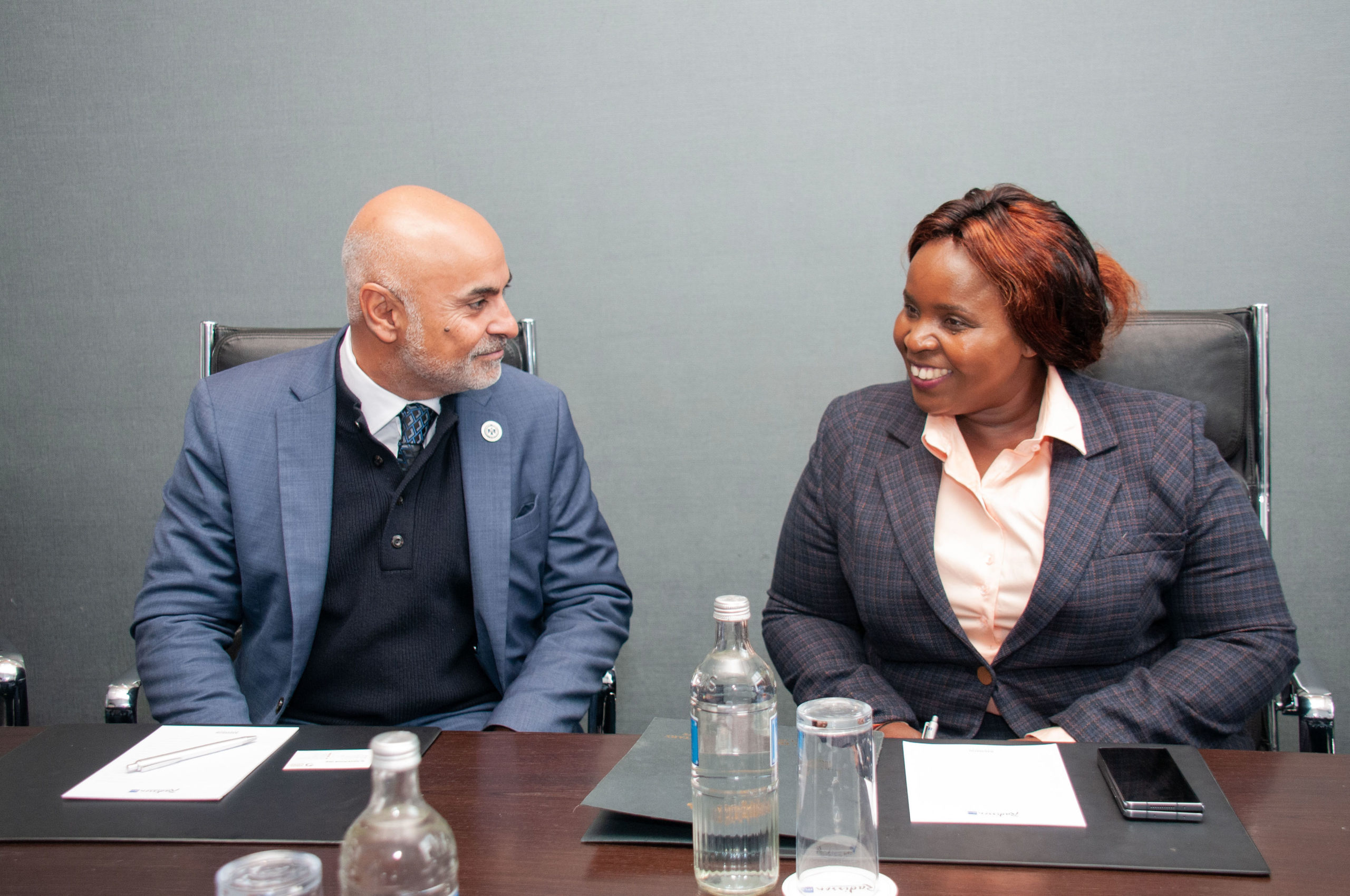
It was opened by Tourism Cabinet Secretary Peninah Malonza on behalf of First Lady Rachel Ruto, who underscored the importance of including women in efforts to mitigate climate change impacts.
Limited access to education and financial resources
Mrs Ruto said climate action and carbon removal efforts should deliberately be designed to have women at the core.
She said despite women facing challenges such as limited access to education and financial resources, they have a critical role in carbon removal efforts since they are involved in small-scale agricultural activities.
Women should also be represented in decision-making processes related to carbon and their contributions recognized and valued
“By enabling women to participate in the carbon economy, we can help to create new opportunities for income generation, improve their livelihoods, and contribute to global efforts to address climate change,” the First Lady said in a speech read on her behalf by Ms Malonza.
The workshop aimed at establishing sustainable pathways for reducing emissions and removing carbon dioxide from the atmosphere to ensure climate change adaptation and mitigation.
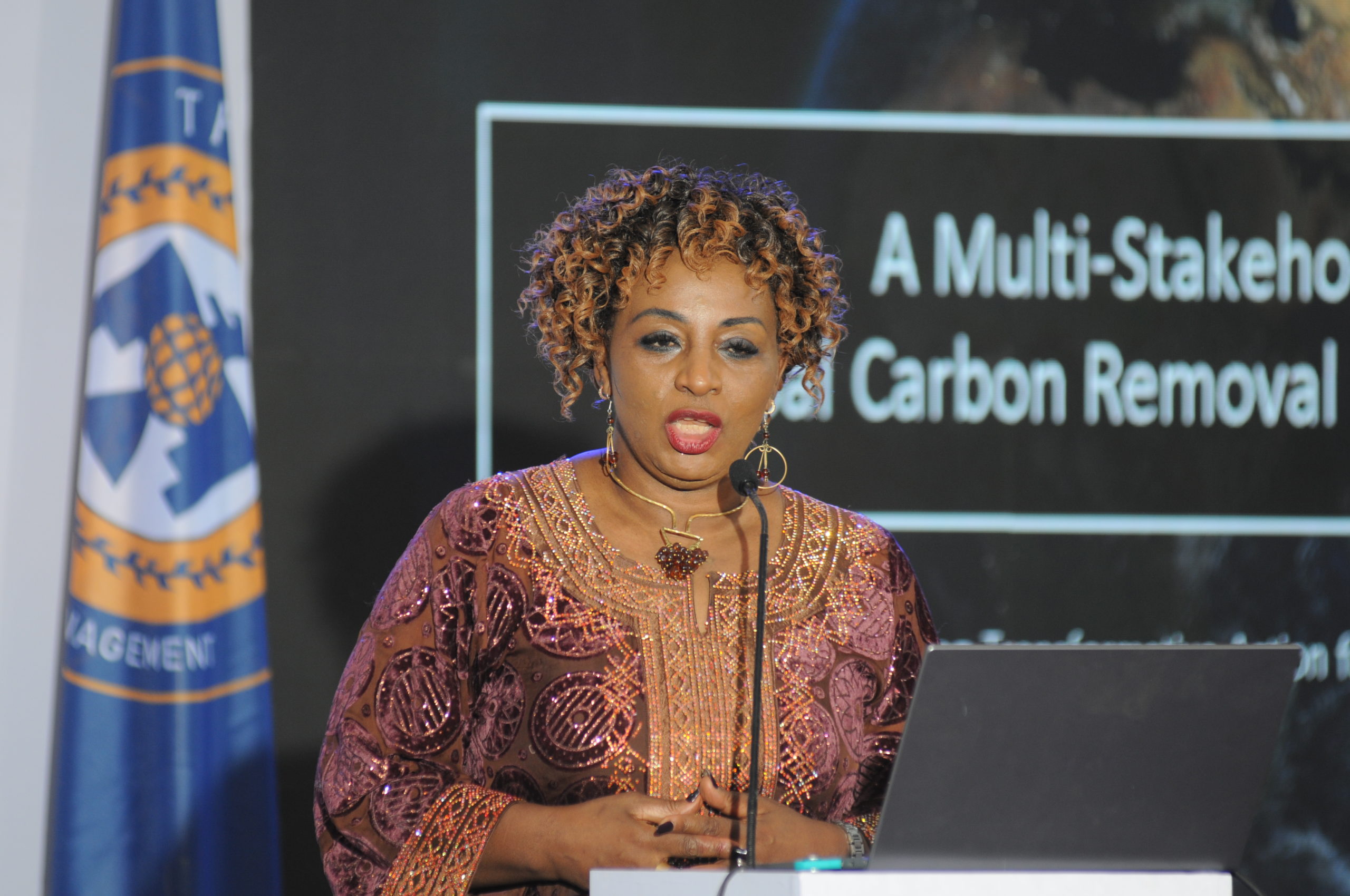
Alliance for Science director Dr Sheila Ochugboju. [Manyara Kinoti]
Alliance for Science director Dr Sheila Ochugboju said the carbon removal initiative needs to consider the principles of equity, inclusivity, and performance.
To fully involve women and ensure they benefit from the multi-billion-dollar carbon economy, Mrs Ruto proposed that they be given access to information, resources, and opportunities so they can participate effectively in the economy.
“This might include training them on how to measure and report emission reductions, as well as supporting them to access financing and navigating the complex regulatory frameworks surrounding carbon markets,” she said.
Developing new technologies and practices
She added that women should also be represented in decision-making processes related to carbon and their contributions recognized and valued.
The First Lady said women are already at the forefront of developing new technologies and practices geared toward carbon removal efforts.
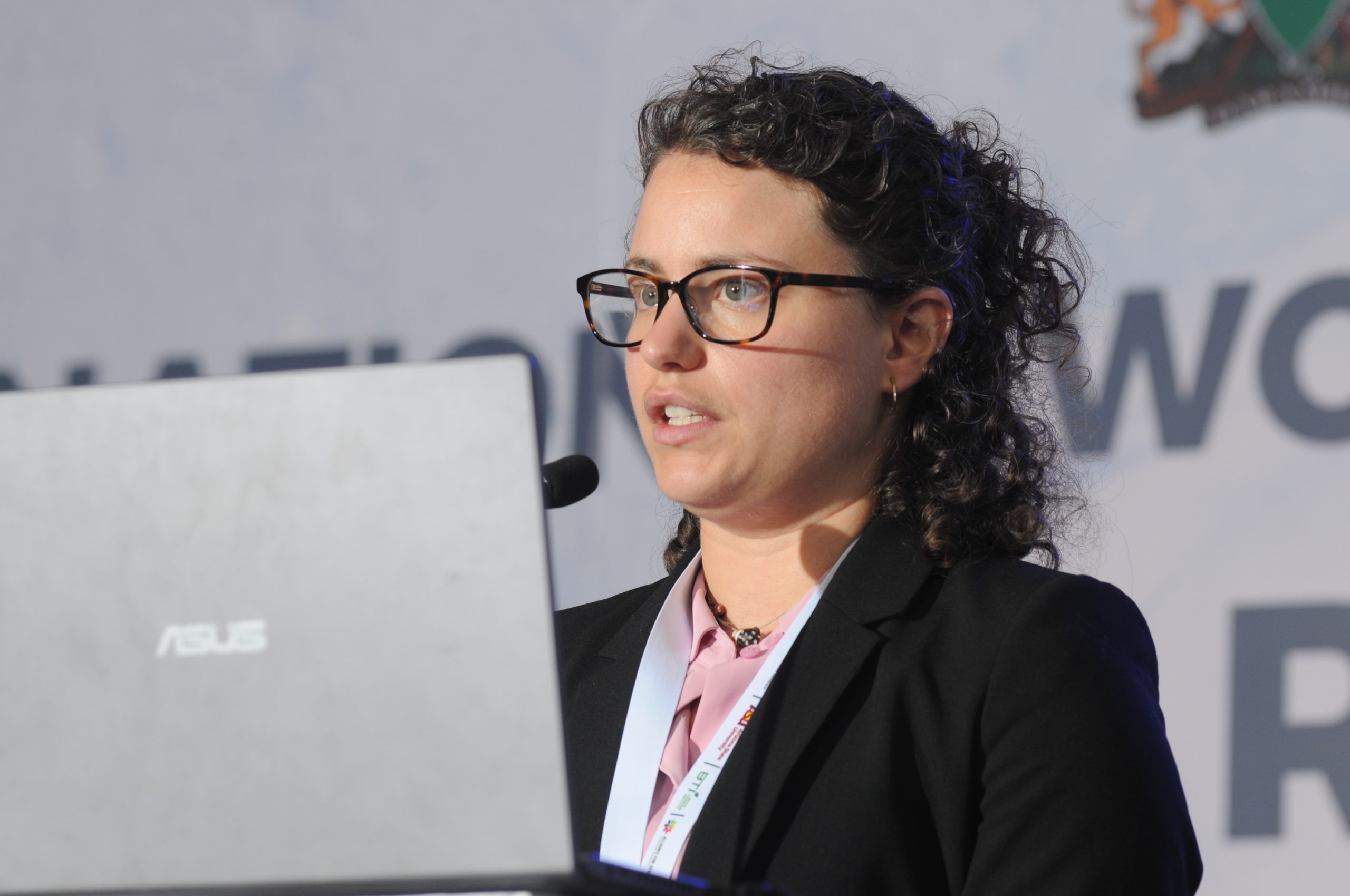
One such woman is Dr Stephanie Arcusa, the Postdoc Researcher at the Centre for Negative Carbon Emission at Arizona State University.
Dr Arcusa told the workshop that carbon credits are not a permanent solution to carbon emissions and climate change in general.
“If we want to achieve net zero carbon emission, those credits don’t do the job. Only permanent removal of carbon can neutralize an emission,” she said, adding that once carbon dioxide gets into the atmosphere, it stays there for tens of thousands of years and keeps accumulating.
According to the American University, carbon removal has the potential to slow, limit, or even reverse climate change – but it is not a substitute for cutting greenhouse gas emissions.
“This is because carbon removal is generally slow-acting and may not be able to be deployed at scales commensurate with society’s current greenhouse emissions,” says the university in a report.
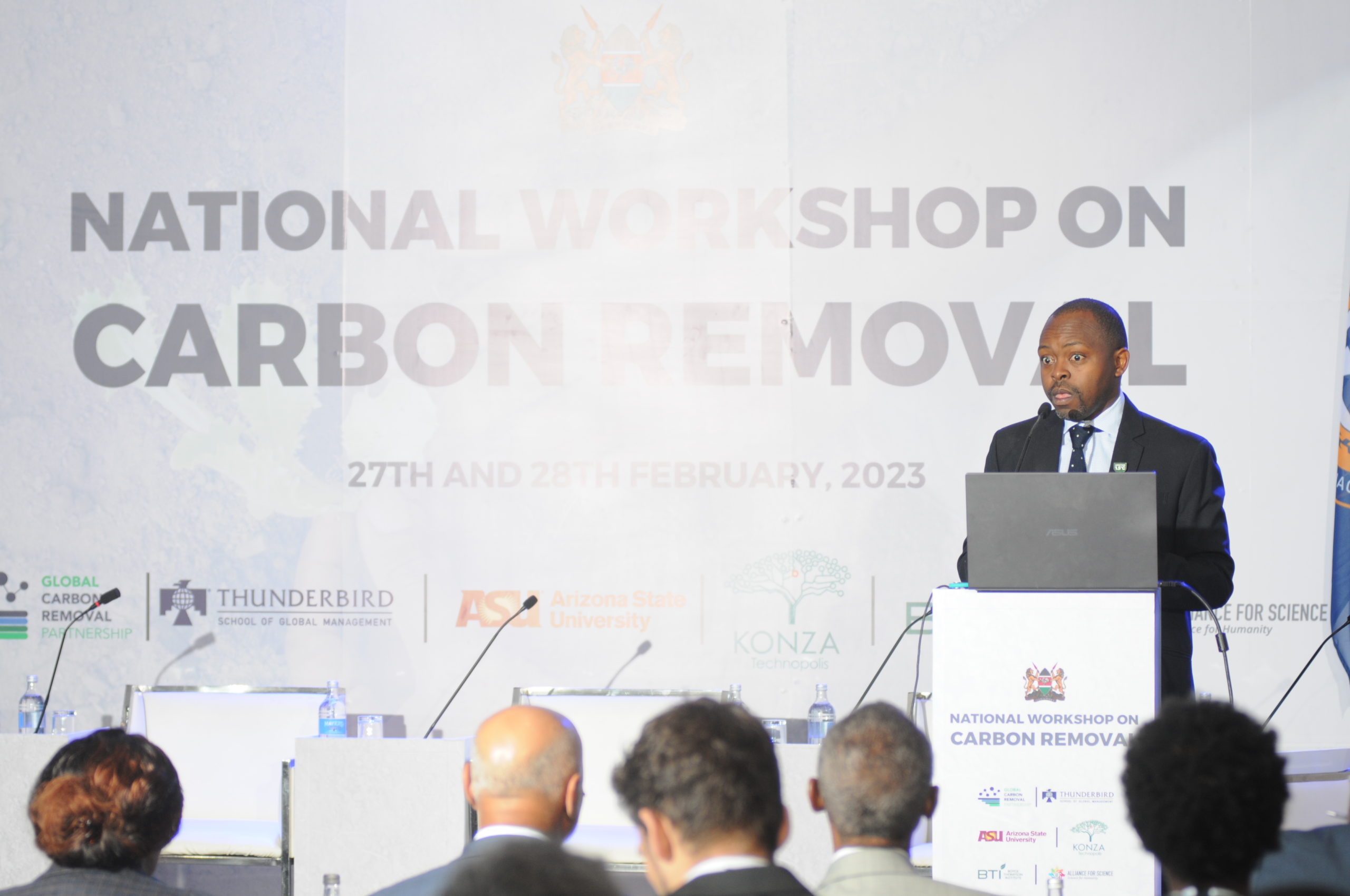
Climate Action Platform for Africa (CAP-A) founder James Mwangi said the world needs to remove 5 to 10 billion tonnes of carbon dioxide from the atmosphere every year for it to win the war against climate change.
He said Africa has to be at the forefront of this endeavor because 40 percent of all new urban constructions are on the continent.
“Kenya’s biggest threat is climate. It has the potential to destabilize our country and the entire region, and we can’t ignore this inconvenient truth anymore.”
Besides, he said, Africa is endowed with opportunities such as a labor force provided by a large young population, ample land, and immense renewable energy sources.
“To do this, we have to adopt the right practices, use the right tools and change how we build our economy. We can use electricity to capture carbon dioxide from the air and put it back to the ground where it belongs,” he said.
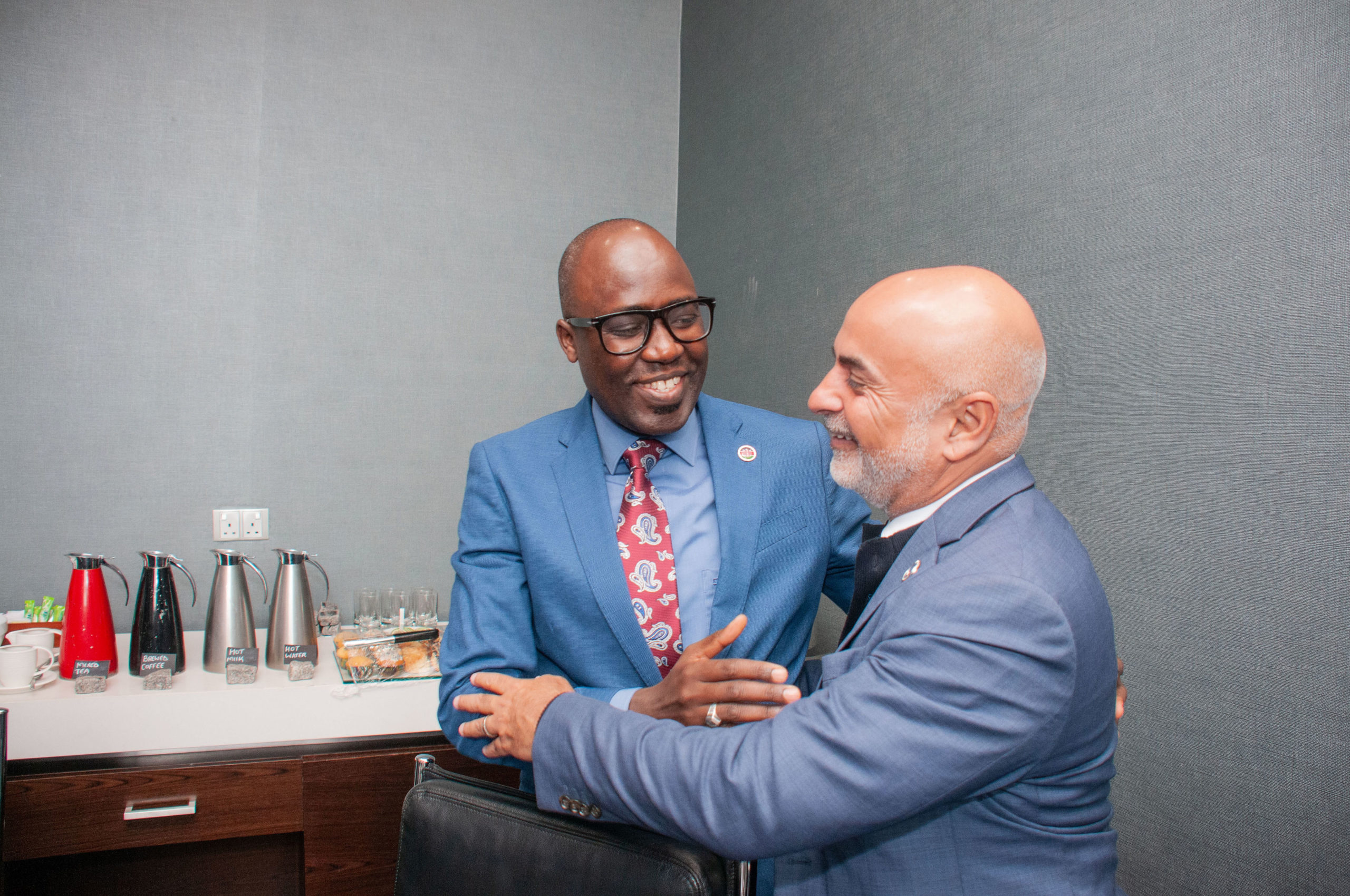
Foreign Affairs Principal Secretary Dr Korir Sing’oei said President William Ruto has put climate action at the center of his foreign policy.
“Kenya’s biggest threat is climate. It has the potential to destabilize our country and the entire region, and we can’t ignore this inconvenient truth anymore,” said Sing’oei.
He said his ministry will work with the carbon removal initiative to ensure a sustainable future.
Day One of the workshop saw presentations from Conservation International, Ocean Visions, Downforce Technologies, Earth Acre, and Direct Air Capture Coalition.
Other organizations that showcased their carbon removal technologies included Octavia Carbon, Cella Mineral Storage, Carbfix Technologies, McKinsey and Company, and Konza Technopolis.
The workshop is a part of the efforts to lay the groundwork for a climate summit to be hosted by President Ruto from September 4 to 6, 2023.
